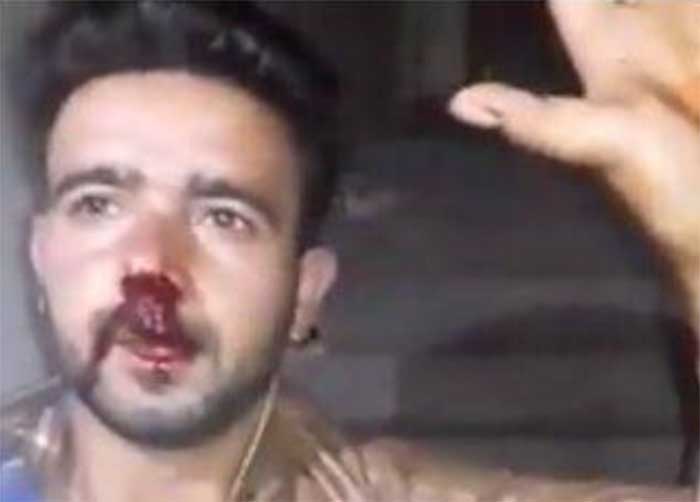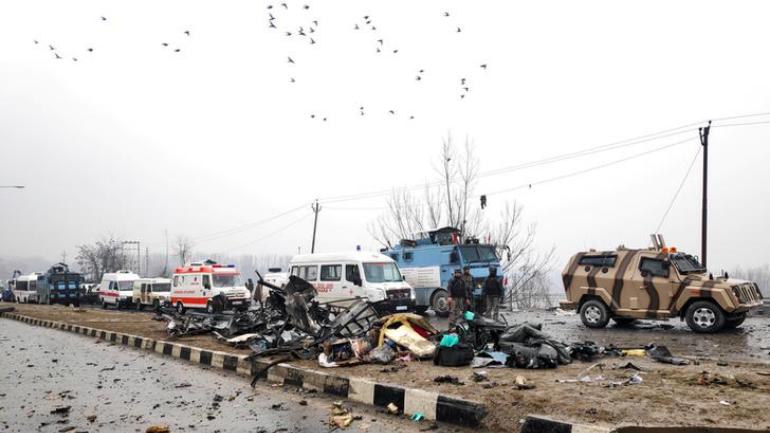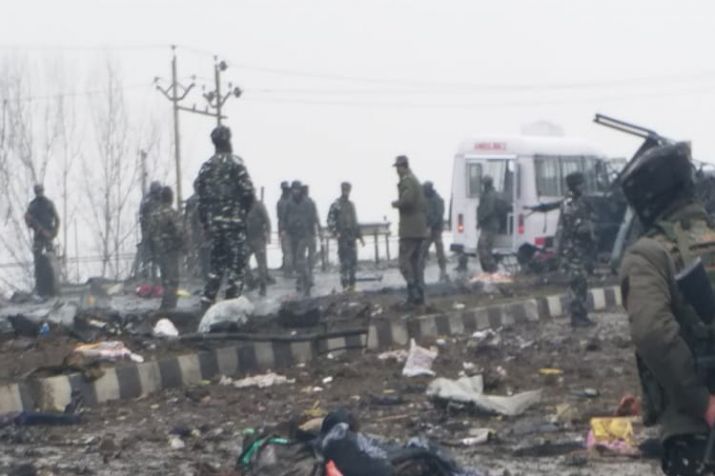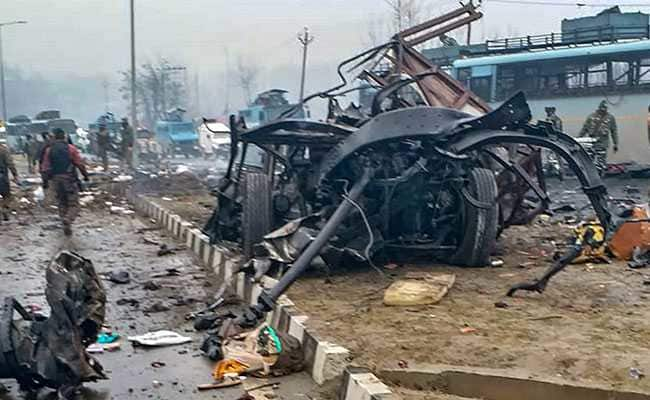
Canada-based Indians Abroad for Pluralist India (IAPI) came out with a strong statement on Sunday, February 24, against recent attacks on Kashmiris across India,
The right wing Hindu nationalists started targeting innocent Kashmiris settled outside Kashmir state of India following a February 14 suicide bombing that left more than 40 Indian soldiers dead in Pulwama. The dead soldiers belonged to the Central Reserve Police Force (CRPF) and mostly came from the marginalized and poor sections of Indian society.
Since the bomber involved was a Kashmiri Muslim man, mobs have started targeting ordinary Kashmiris to avenge the killings of CRPF soldiers.
While the IAPI expresses its deep condolences for the deaths of paramilitary soldiers, and sympathizes with the bereaved families, it deplores the senseless retaliatory attacks on Kashmiris all over India.
The members of IAPI believe that these attacks are well orchestrated by supporters of the ruling Hindu nationalist Bhartiya Janata Party (BJP) to polarize the Hindu majority with an eye on upcoming general election in May. The BJP government has failed to deliver on a number of issues and faces a tough election, so it is now trying to scapegoat Kashmiris by creating an environment of fear and animosity.
The BJP and other political parties, such as Congress, have done this even in the past.
The pattern is no different from the one that was seen during anti-Sikh pogrom of 1984 and similar pogroms against Muslims and Christians in 2002 and 2008 respectively. In all these cases, mobs targeted these religious minorities after blaming them for acts of violence committed by some individuals from these communities.
IAPI thinks there should be a thorough investigation of the February 14 terror attack to find out the real culprits, and any knee jerk reaction is unacceptable.
It is unfortunate that the BJP government and other political parties have started blaming Pakistan for the incident, even as Pakistani soldiers are also getting killed by Islamic extremists. While Pakistan-based Islamic extremist group Jaish-E-Mohammad has reportedly claimed responsibility for the Pulwama attack, there is no evidence to suggest that the government of Pakistan is directly involved. Though one cannot rule out Pakistani soil having been used by the rogue elements for hatching their conspiracy, instead of talking about war, the Indian government should use diplomatic channels to put pressure on the neighbouring country for a suitable action.
Anti-Pakistan and anti-Kashmiri rhetoric is clearly being created to further divide Indian society and create more hatred.
IAPI also calls upon Indians who are outraged by the attacks to find out the root cause of the problem that resulted in the suicide bombing, rather than falling into the trap of the BJP run government that is merely using the tragedy for political purpose. These acts of violence that are frequently blamed on Kashmiri extremists are the direct result of ongoing repression of the people of the region. Kashmiris have been fighting for the right to self-determination for years. Rather than trying to resolve the conflict through negotiations, the Indian government is using repressive measures to deal with the situation. The high handedness of the state, and draconian laws that are being used to suppress the voice of dissent, have only alienated Kashmiris from the mainstream and strengthened the hands of separatist forces. Notably, the individual involved in the Pulwama attack was once detained and harassed by security personnel for no fault of his own. According to his family, this incident might have turned him into a militant.
Blaming Pakistan alone is an attempt to cover up the weaknesses of the Indian state. Indians therefore should think wisely and be vigilant of the designs of the ruling classes, and make them accountable for the mess. It has come to the knowledge of IAPI that supporters of the BJP government in Canada are also trying to incite passions and whip up emotions against Pakistan within the Indian Diaspora. IAPI demands that the government of Canada must intervene and take notice of such developments which may create tensions between Indian and Pakistani immigrants overseas.















































